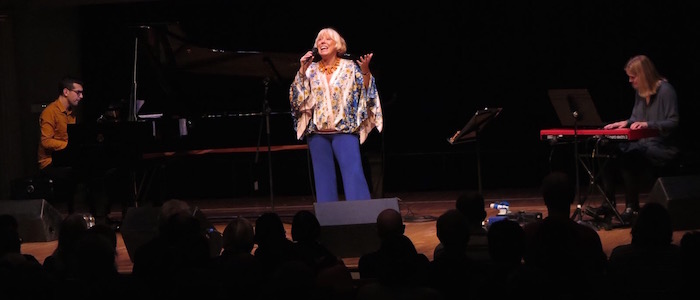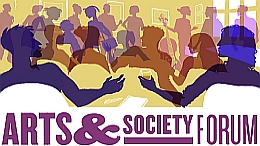
comment
Podcast: The Personal is Political: is identity politics eating itself?
Recorded at the Battle of Ideas 2015
In her 1969 essay, ‘The personal is political’, feminist Carol Hanisch defended consciousness-raising groups against the charge they brought ‘personal problems’ into the public arena. She argued that most difficulties women experienced in private were rooted in political inequality, so personal problems could spur women to political action in public life.
Today, consciousness-raising groups are less common. Yet the idea that ‘the personal is political’ has survived, albeit giving way to an increasing fractious identity politics. The bizarre story of Rachel Dolezal, a white woman presenting herself as a mixed-race leader in the NAACP, has raised sharp questions about how we think about who a person is.
More broadly, there has been an explosion of different groups vying with one another for social recognition and respect. US writer Cathy Young argues this has led to a ‘reverse caste system in which a person’s status and worth depends entirely on their perceived oppression and disadvantage’. Burgeoning feminist clubs in universities and a diversity of gender, ethnicity, religious and cultural identity groups on college campuses and in the world of activism, reflects a substantial shift in how politics is understood and practiced in modern society. In particular, such groups are often divisively set up in competition with others’ claims to be the victim.
Feuds over ‘intersectionality’ and ‘hierarchies of oppression’ have created internecine warfare between ‘terfs’ and the ‘trans’ community, between black women and white feminists, middle-class lesbians and working-class men: checking ‘privilege’ has become a routine pastime. As some critics of contemporary feminism note, identity politics inevitably turns each individual into her own group: demanding the right to assert ‘who I am’ becomes the primary goal of political action. So when Rachel Dolezal claims to be black, who are we to argue against her self-identification?
Is this any different from the demand for public applause for Caitlyn Jenner – once known as Olympic athlete Bruce Jenner – who now self-defines as a woman? Is there a point past which we can’t choose our personal identity, as suggested by those who reject comparison between Dolezal’s ‘cultural appropriation’ (‘a glaring example of white privilege in action’) and Jenner realising who she/he always really was? Do today’s identity wars preclude possibilities for transcending gender, race, disability? Does the feminist war cry of ‘personal is political’ inevitably lead to such a narcissistic focus on self?
SPEAKERS
Julie Bindel
journalist, author, broadcaster and feminist activist; research fellow, Lincoln University
Andrew Doyle
stand-up comedian; playwright; biographer
Sabrina Harris
technical author; longtime gamer; regular commentator on issues relating to freedom of speech and internet subcultures
Jake Unsworth
trainee solicitor, Bond Dickinson; convenor, Debating Matters Ambassadors
Dr Joanna Williams
author and academic; education editor, spiked
CHAIR
Claire Fox
director, IoI; panellist, BBC Radio 4’s Moral Maze
To keep up with the IoI’s podcasts, you can subscribe via iTunes or via RSS.

comments archive

what's happening next

Barb Jungr’s Musical Inspirations
Tuesday 8 December, 7pm (UK), online, via Zoom




CONTACT Rossa Minogue
BIOGRAPHY